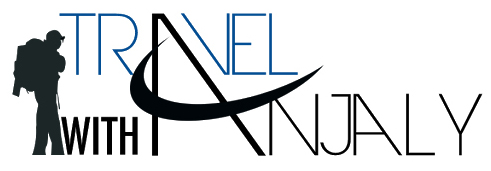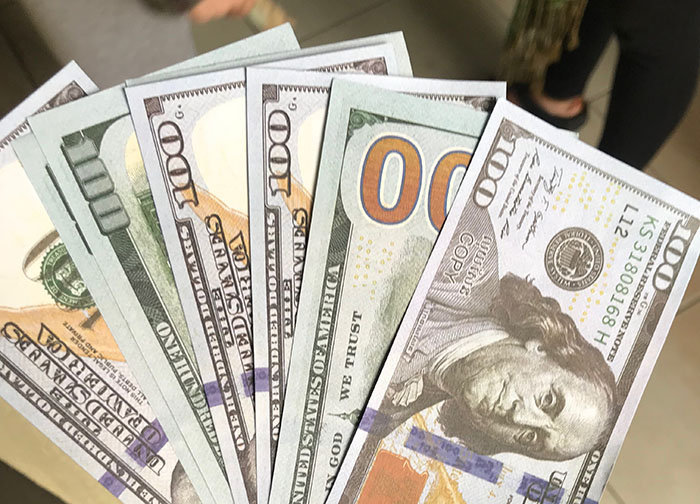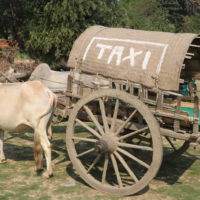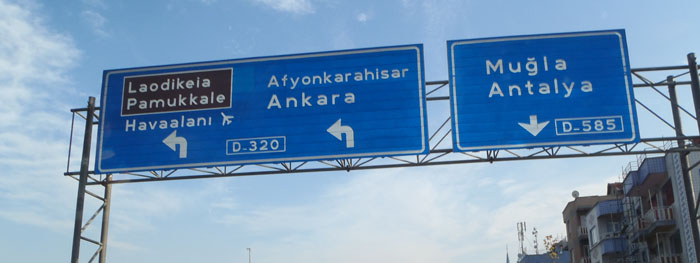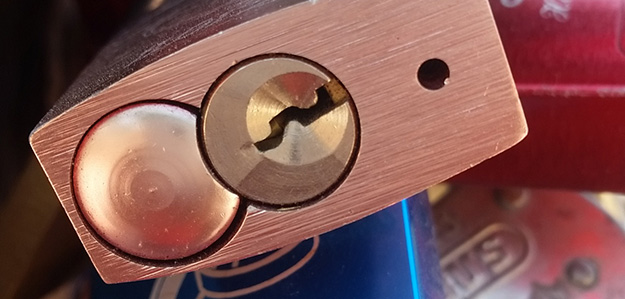I am going to jump straight into the story, for, the story itself is a lesson in understanding the hardships of long-term travel and exposes the reality of being a traveler, rather than a short-term tourist less exposed to the reality of a country, situation or place. Two things I’d like to highlight right away –
I am least likely to go back to SE Asia and secondly, this post should serve as a caution to future travelers to SE Asia and not a deterrent.
FOR MALAYALAM VERSION OF THIS STORY PUBLISHED IN MANORAMA , CLICK HERE
The beginning of it –
So, the first three weeks of my #101days of travel that started in Myanmar was smooth sailing. In the sense, that there was less chances of getting conned. Fear of theft was negligible. Things changed upon arriving in Chiang Mai, Thailand.
Often, I’d leave behind valuables in the locker provided by the hostel such as laptop, spare phone and a pouch containing passport and money – which I believe is a standard thing every tourist does. It never occurred to me that hostel lockers were not safe. Upon arriving in Siem Reap (Cambodia) I discovered the loss of money – to the tune of USD 1400. I did kick myself for not being more cautious or checking the money when leaving but it was still money…
While I didn’t let that upset my travel plans, it was a big amount to lose.
How this happens: If you happen to leave your money in the locker provided by the hotel/hostel and are using the lock provided by them, there us every chance that someone will use a spare key to get to your belongings. Bring your own lock if you intend to leave valuables in the locker.
Whether you are a veteran traveler or a novice, there is always a person with bad intent smarter than you.
A fake Vietnamese visa
Five weeks into my travel I board the morning bus from Phnom Penh (Cambodia) to Saigon (Ho Chi Minh) in Vietnam, ready for a new adventure. Trouble starts as soon as I board the bus. My visa apparently doesn’t allow me to enter Vietnam.
A little background – I had applied for my Vietnam visa online while I was still in Thailand. The website seemed genuine enough. I paid the fee of USD 25, filled out the name of the arrival city as Ho Chi Minh, provided a hotel address in Ho Chi Min – and that was that. I was issued a visa via email. I thought no more of it.
It so happened that the visa that issued stated my point of entry as “Da Nang” a place about 1000km away from Ho Chi Minh. It was the first time I’d heard of the place, let alone apply for a visa with it as the point of entry.
So, I had to miss the bus, go to the Vietnamese Embassy in Phnom Penh to ask for a solution. There was a short queue of people with similar problem as mine – the woman at the counter merely looked at the visa I was holding, shook her head and asked me to reapply.
Sixty dollars for another visa that would be issued in 3 hours.
I asked her if there was a problem in getting another visa when I already had one?
Her reply stunned me.
“Yours is not even a valid visa. Don’t apply online. If you do, we can’t help you.”
The nine other people in queue faced a similar predicament – invalid online visa.
Did she know of this scam? Did the Vietnamese Immigration know of this scam?
I should like an answer to that.
Discovery of fake dollars
A few weeks after arriving in Vietnam, a country that was as beautiful as it was filled with “cold people and fake goods,” I was to leave for Luang Prabang (Laos) on a 27 hours bus journey from Hanoi. I arrived that morning from Sapa to Hanoi in order to take the day-long trip. It would be a breeze, I thought as I boarded the bus that evening, reinforcing myself with a 1.5ltr of water and just enough Vietnamese Dong to last me through dinner and snacks during rest breaks. In ten hours, we would arrive at the border and cross into Laos.
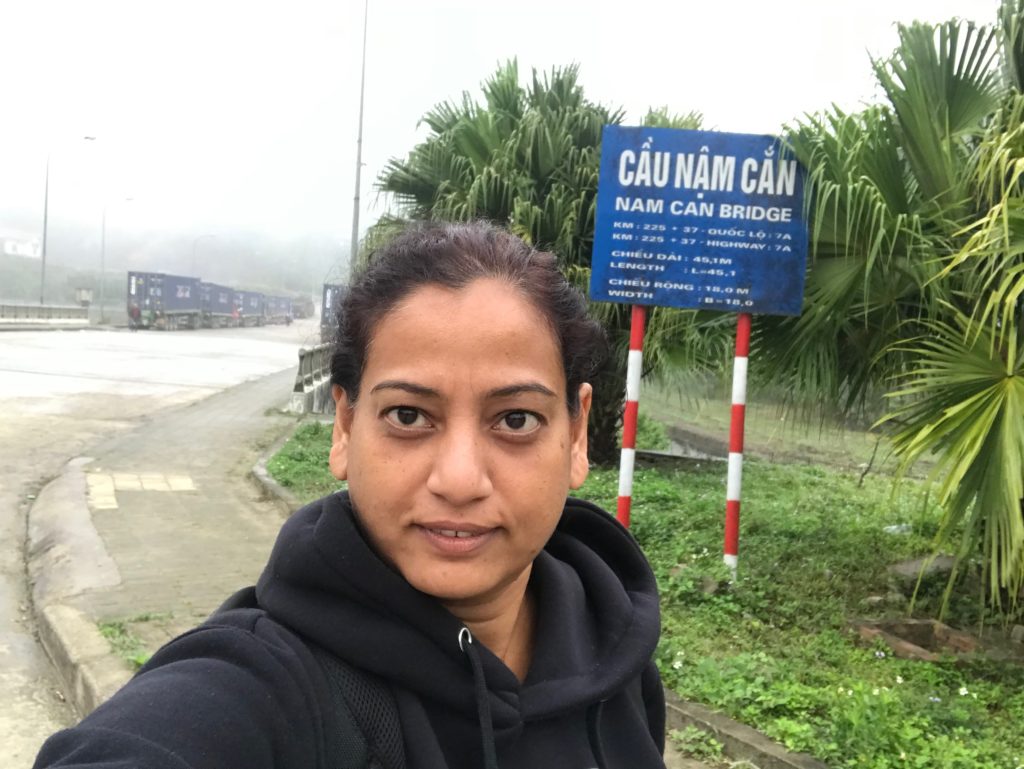
***
The bus is a sleeper that can fit sardines quite comfortably. Foreigners are pushed to the back of the bus, despite paying a higher fare while the front seats remain empty…but that is the least of my worries. The bus journey started late – I am worried it will stretch into 30 hours or more. I have been told that 33 hours is a good time, taking into consideration border crossings, rest stops, break downs and smoke breaks.
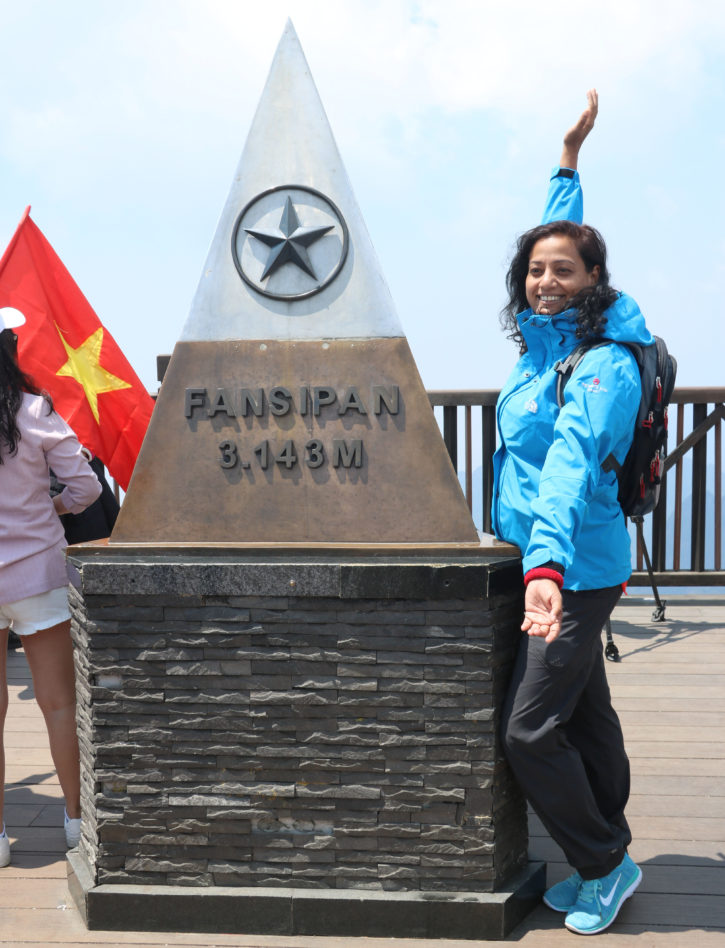
Ten hours later we arrive at Nam Can border between Vietnam and Laos. We are early. There is one coffee shop where officials of both the countries pass their time. Drinking strong Vietnamese coffee. I join the few locals and officials in their morning coffee and exchange a few words. In all honesty, I am eager to leave Vietnam as soon as possible. It has been a very stressful place to be – people were cold, calculative and unfriendly – ruthless to an extent. Soon, I am stamped out of Vietnam. Happily, I proceed over the bridge towards Laos immigration office, chatting away with the few young tourists from my bus. More than being happy to arrive in a new country, I am happy at leaving Vietnam.
Visa forms duly filled, I hand it over to the officer. He is smiling.
Forty- three dollars, he tells me. It’s a bit steep, I think as I hand over a hundred dollar bill. I am left with a mere 800 USD in my wallet– I know this because four days ago I exchanged some money in Hanoi that had lasted me three days in Sapa. Laos, I know is not very expensive and 800 dollars can easily see me through four weeks.
“The machine doesn’t accept your money.”
“Strange,” I say and slip him another hundred. Reject.
A third. A fourth. I hand him everything I have. None makes it through.
These are fake, he tells me, his smile now replaced with a frown. I turn cold.
A young tourist hands me a fifty-dollar bill. “You can return it when we arrive in Luang Prabang.”
I accept it.
The immigration officer looks confused. Is he within his rights to issue a visa to someone who looks to be carrying fake currency into his country? Should he send me back where I came from? I am standing between two countries now – stateless. I cannot go back to Vietnam because I have been stamped out and I cannot get a visa on arrival into Vietnam. I cannot go to Laos because I am now a suspect. I’m asked to step aside for questioning. I try to maintain a dignified silence. I want to scream. I want to run. For o fault of mine I have turned into a suspect.
I have no idea what they are speaking over the phone. But soon there other officers arrive, look at me, my passport (two jumbo passports stapled together and full of visas), appear confused, ask me questions and leave. I suppose they are trying to make up their mind about me. I want to ask them if I even looked like a smuggler of fake currency – but I keep silent.
The officers return. We go over every event of the last few days – when was the last I took a careful look at the money? Counted it? Where did I stay longer than two days?
Sapa, I tell them. Three nights is a hotel in the town centre. I have the picture of the hotel in my phone.
I sign a paper the contents of which I cannot read. I have no idea what I am getting myself into but there is little I can do. One of the officers tells me I have signed on the undertaking that I will deposit the fake currency at the police station in Luang Prabang or something like that. I sigh in relief. My mouth is dry, I cannot speak. Have I just escaped going into some prison?
Then a few questions later, I am stamped in to Laos. All I can feel is anger and a sense of being let down. I wish I can blame someone or something – if only to make me feel better. Nothing helps.
We still have 17 hours of the journey left. I want to talk to someone I know – but I can’t. I don’t have a local sim card and no money to buy one – and worse, no place to buy one.
The bus crawls over the mountainous route and through dangerous hairpin bends. We pass small towns once every four hours and that is all. Seventeen hours stretches into 19 and we finally arrive in Luang Prabang. I am in a hurry to get to a station and sort out the issue.
After repaying the kind young man, I head to the station with the letter I have signed. The officer is very friendly, warm and understanding. Over the next two hours we go over my recent travels once again – everything points to the hotel in Sapa, where I had stayed the longest. More officers join, inspect the fake dollars, take away the dollars, bring it back, take it away again, take my finger prints, ask questions – then someone is struck with an idea. I have told them about myself, but they want to make sure. So, at 10pm, in a country I have just arrived, in a police station we Google search ME.
If this isn’t an irony, I don’t know what is.
“Anjaly Thomas is a lawyer turned travel writer…,” Google assures. Satisfied with what they see, they tell me –
“The dollars have originated in Thailand, but are widely circulated in Vietnam. In Vietnam you have to be very careful, many fake currency related issues happen there.”
I couldn’t agree with them more. It was true what they said of Vietnam – Fake visa, fake clothes and now fake currency – and just short of going to prison for carrying them unknowing into another country!
I am tempted to bring back the currency as a keepsake – but all I am allowed is to take a picture of it.
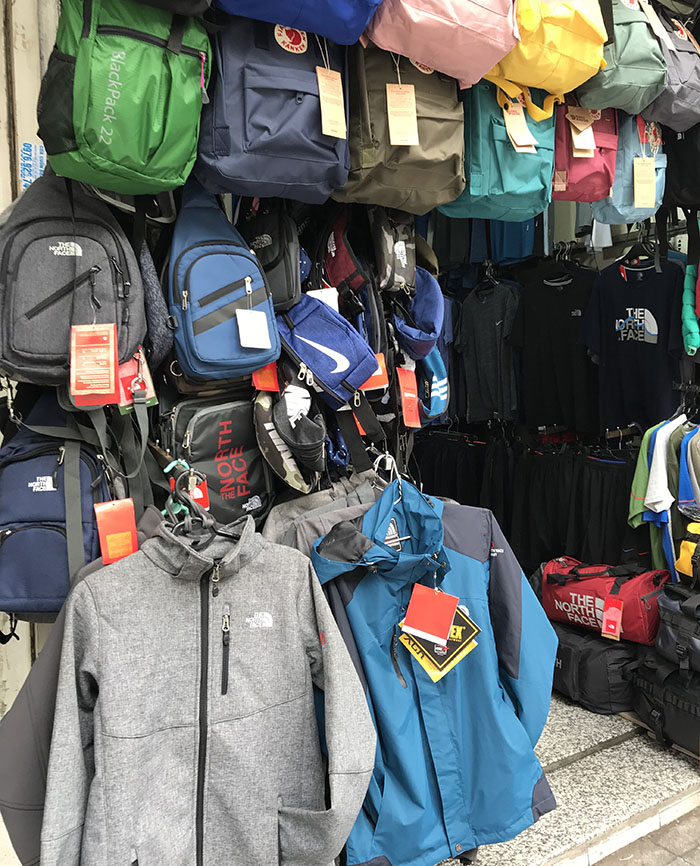
Scams to watch out for in Vietnam (and SE Asia in general)
Fake ticket counters: This is going to sound bizarre and impertinent but sometimes people set up fake ticket counters outside tourist attractions and bus terminals with official looking signs.
Fake bus tickets, fake train ticket websites: This is the most common of all scams. Passengers will be issued a ticket (especially those doing the border crossing via road) and a visa (for a hassle-free experience) but upon arriving at the bus-terminal find that neither exists.
Fake visa website: I know this because I have been a victim of this scam. Apply only through your embassy or official website (none that leads you to an official site via Payoo). Once your visa arrives in your email, make sure it is exactly the way you have applied.
Fake goods: If there is a country that personifies fake – it is Vietnam. Everything you would possibly buy is a spinoff on the original. Nike, Adidas, Northface, Under Armour – just to name few. You’ll see these brands everywhere. Everyone wears them – but they are fakes. Perfumes, watches, cigarettes or any bargain that looks too good to resist, is a fake. Do not go by the label.
